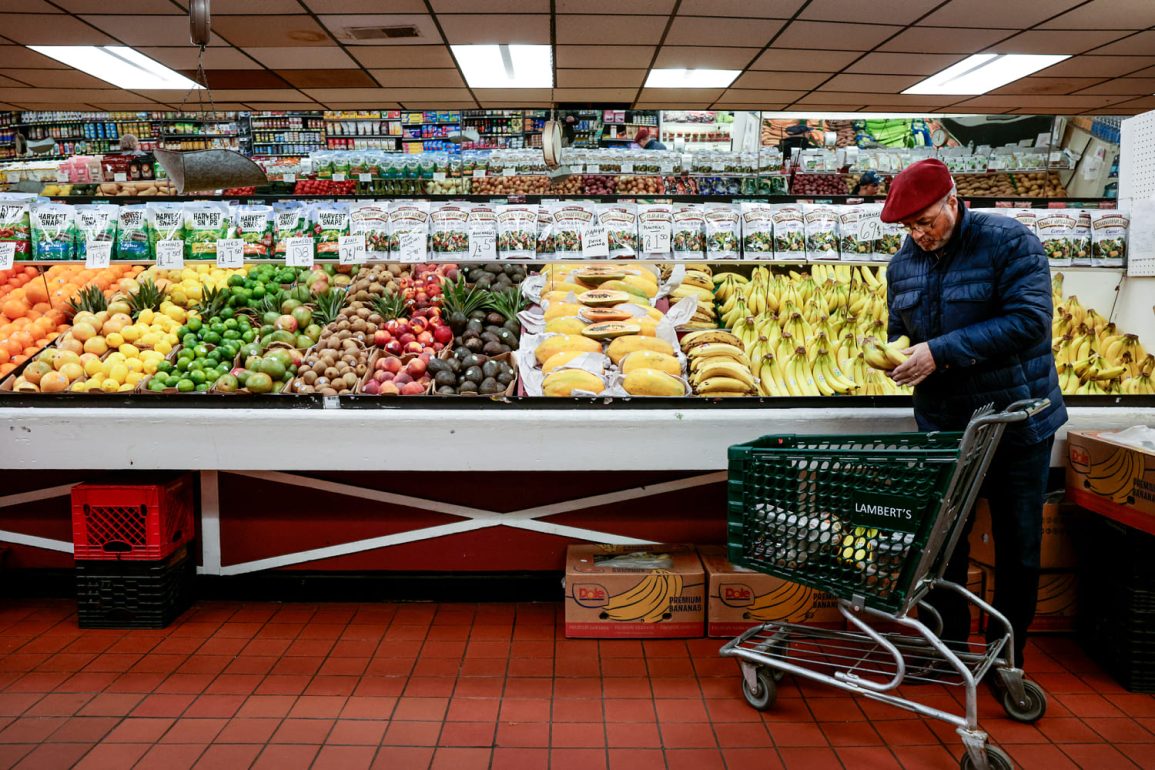New food safety safeguards were set to take effect in January 2026 that is apparently no longer the case.
On Thursday, the Food and Drug Administration announced a 30-month delay in implementing a rule requiring food companies and grocers to quickly trace contaminated food through the supply chain and remove it from shelves.
Designed to “limit food-borne illness and death,” the rule mandated that companies and individuals improve record-keeping to track where foods are grown, packed, processed, or manufactured.
The Times quoted Brian Ronholm, director of food policy at Consumer Reports, who criticized the decision, saying, “This decision is extremely disappointing and puts consumers at risk of getting sick from unsafe food because a small segment of the industry pushed for delay, despite having 15 years to prepare.”
Sarah Sorscher, director of regulatory affairs at the Center for Science in the Public Interest, echoed the concern, calling the move “a huge step backward for food safety.”
The delay is not the only recent setback for food safety under the Trump administration.
Its report on the FDA’s decision, the newspaper highlighted another concerning development: “At the Food and Drug Administration, freezes on government credit card spending ordered by the Trump administration have impeded staff members from buying food to perform routine tests for deadly bacteria.
In states, a $34 million cut by the F.D.A. could reduce the number of employees who ensure that tainted products — like tin pouches of lead-laden applesauce sold in 2023 — are tested in labs and taken off store shelves.”

Additionally, Trump’s Agriculture Department recently disbanded a committee studying deadly bacteria, even as it was working on recommendations to better target dangerous pathogens that can lead to kidney failure.
The committee had also been developing an educational plan to inform new parents about bacteria found in powdered infant formula.
These actions follow previous reports that the Trump administration disbanded two key federal advisory committees on food safety: the National Advisory Committee on Microbiological Criteria for Foods and the National Advisory Committee on Meat and Poultry Inspection.
Unfortunately, the list of rollbacks continues. It is also reported that the administration has “slowed or stopped some testing of grocery items for hazardous bacteria and monitoring of shellfish and food packaging for PFAS, chemicals linked to cancer and reproductive harm.”
Adding to the concerns, the Department of Health and Human Services recently sent emails to most of its workforce, encouraging employees to accept a voluntary buyout of $25,000 to leave their jobs. Among those targeted were FDA food inspection workers—despite the fact that the agency is already understaffed in this area.
And if that weren’t enough, the administration appointed Donald Trump Jr.’s hunting buddy to lead the FDA’s Human Foods Program, putting him in charge of overseeing all nutrition and food safety policies.
There is a silver lining, though: These changes should only concern Americans who eat food.


